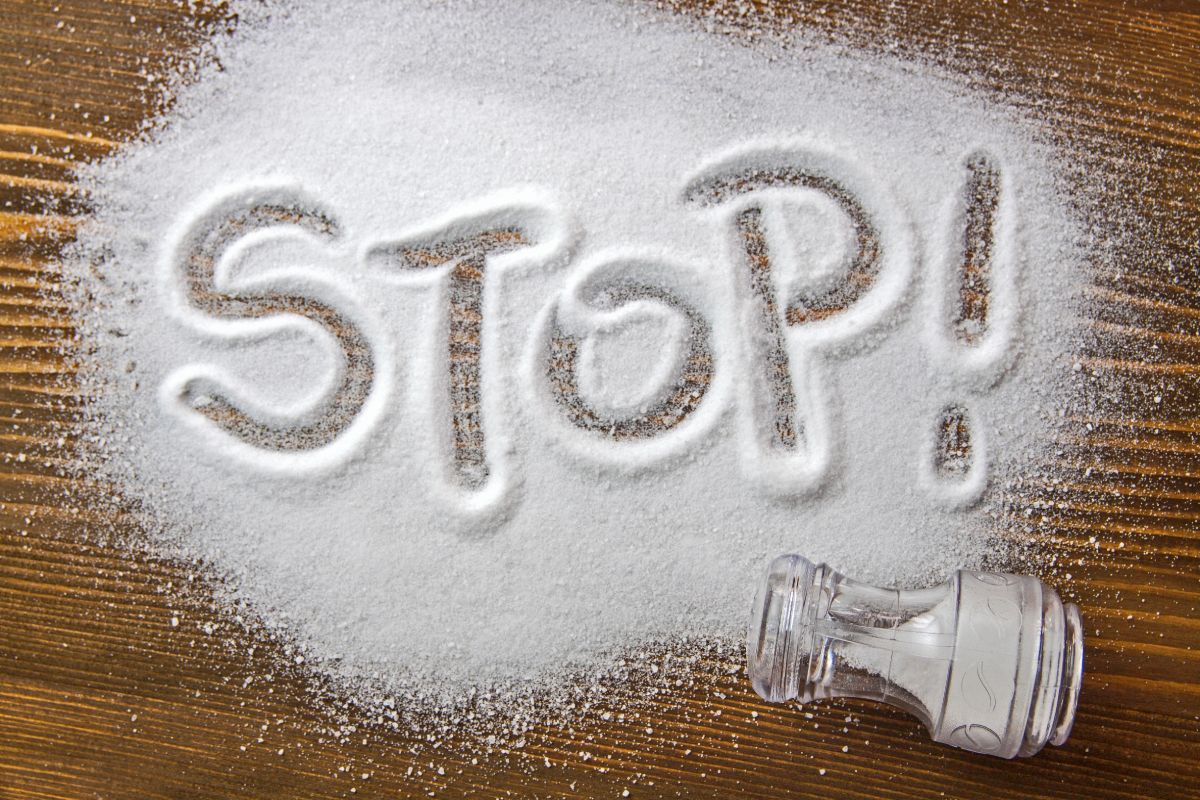How Much Sodium Should An Elderly Loved One Consume?

Managing sodium intake is crucial for maintaining good health, especially as we age. For elderly loved ones, understanding the recommended sodium intake is essential in promoting overall well-being and reducing the risk of various health issues. In this article, learn about the recommended sodium intake for elderly loved ones to help them manage their diet.
Understanding Sodium Intake
Sodium is an essential mineral that plays a vital role in bodily functions, such as maintaining fluid balance and nerve function. However, excessive sodium consumption can lead to health problems, including high blood pressure, heart disease, and stroke. The dietary guidelines advocate restricting sodium intake to enhance heart health and overall well-being.
Recommended Daily Allowance
Adults are typically advised to consume no more than 2,300 milligrams of sodium per day. However, for certain populations, such as adults over 51 years old, African Americans, and individuals with hypertension, diabetes, or chronic kidney disease, the recommended limit is even lower, typically around 1,500 milligrams per day. It's important for the elderly to be mindful of their sodium intake and strive to stay within these guidelines.
Health Risks of Excessive Sodium Intake
Excessive sodium consumption can have adverse effects on health, particularly for elderly individuals. High sodium intake is associated with an increased risk of high blood pressure, which is a significant risk factor for heart disease and stroke. Additionally, excessive sodium intake can contribute to fluid retention and swelling and exacerbate existing health conditions, such as heart failure and kidney disease.
Managing Sodium Intake
There are several strategies that your elderly loved ones can adopt to manage their sodium intake effectively. These include:
- Reading food labels carefully to identify high-sodium foods and opting for low-sodium alternatives.
- Cooking meals at home using fresh, whole ingredients and minimizing the use of processed and packaged foods, which often contain high levels of sodium.
- Using herbs, spices, and other flavorings to season meals instead of salt.
- Being mindful of portion sizes and avoiding oversized servings, which can contribute to higher sodium intake.
Consulting with Healthcare Professionals
It's essential for elderly loved ones to discuss their dietary needs and sodium intake with their healthcare team. Healthcare professionals can provide personalized recommendations based on individual health status, medical history, and dietary preferences. They can also offer guidance on managing sodium intake effectively while ensuring adequate nutrition and overall well-being.
Our Retirement Community Focuses on Promoting Healthy Lifestyles
Monitoring sodium intake is vital for promoting heart health and overall wellness in your elderly loved ones. We understand the importance of promoting healthy lifestyles, including managing sodium intake, for our residents' overall well-being. Our team is dedicated to providing nutritious meals that are low in sodium while still being delicious and satisfying. We prioritize fresh, whole ingredients and work closely with residents to accommodate their dietary needs and preferences.
Additionally, our healthcare professionals are available to offer personalized guidance and support in managing sodium intake effectively. Choosing our retirement community means embracing a lifestyle that prioritizes health and wellness, including mindful eating habits and personalized care. Schedule a tour to experience the difference our community can make in your loved one's life today.
